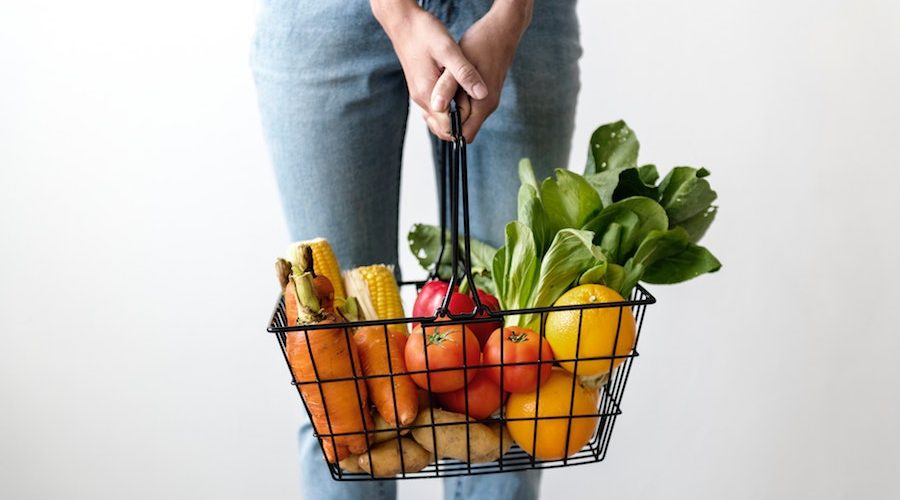Want to help the environment? Go vegan!
You probably already know the health benefits of making the switch to a vegan diet, but did you know that it can also have a massive positive impact on the environment?
Cutting meat and dairy from your diet could reduce your carbon footprint by up to 73%. That’s huge! If everyone chose to go vegan the use of up to 75% of global farmland use could be reduced, as well as a significant reduction in greenhouse gasses. We could also free up land lost to agriculture and farming, which is one of the primary causes of wildlife extinction.
Climate change
The production of meat and dairy products is responsible for 60% of the greenhouse gasses created by the agriculture sector. However, the products themselves only contribute 18% of calories and 37% of protein levels around the world. And it’s not just greenhouse gasses that are contributing to environmental damage – more than 70% of the Earth’s fresh water is used in the agriculture of plants and animals, but it takes 100-200 times more water to produce 1lb of beef than to grow 1lb of plant-based foods.
Pollution
The UN have also reported that the livestock sector is most likely the largest source of water pollution around the world, as well as producing almost 4 times as much global greenhouse gas emissions as all of transport combined. The production of beef generates 9-27 times the amount of global warming pollution than the equivalent number of calories from beans, nuts and vegetables, and swapping steak for plant-based products reduces the carbon emissions produced to nearly 0. Much of the pollutants produced by the livestock sector comes from animal waste, which is the fastest-growing large source of methane gasses, which are left in open air cesspools and eventually makes its way into our rivers, ponds and oceans.
Land and sea
For every 1.5 acres of land used in agriculture, either 37,000 lbs of plant-based foods or 375lbs of meat can be produced. If this land is used to cultivate animal products, then feed for the animals needs to be produced at a much higher rate and in a smaller amount of time. This leads to a higher use of chemical fertilisers, which contribute to dead zones in our oceans. Dead zones are areas of the ocean where oxygen has depleted to the point where it can no longer support life. There are over 530 dead zones in our oceans, which span over 95,000 square miles. However, the good news is that dead zones are reversible.
Commercial fishing is also a major threat to marine life. Nets sweep the ocean floor and can cause irreversible damage to coral and marine plants. It is also estimated that, every year, 300,000 whales, dolphins and porpoises are killed after becoming caught in fishing nets. Turtles, seals and birds are also being killed due to injuries caused by nets and fishing tackle.
The numbers
By choosing to eat a vegan diet, you are choosing to help the environment. Just one day of avoiding meat and dairy saves:
- 100 gallons of water
- 40lbs of grain
- 2lbs of CO2
- 30 square foot of forest
- And the life of 1 animal
If you are considering a vegan lifestyle, but don’t know where to start, have a look at our guide to going vegan in 5 easy steps. Whatever your reason for choosing to go vegan, you can feel confident in knowing that you are drastically reducing your carbon footprint.
All Ibiza Superfoods products are 100% vegan and are available online, on Amazon and in Holland and Barrett.

